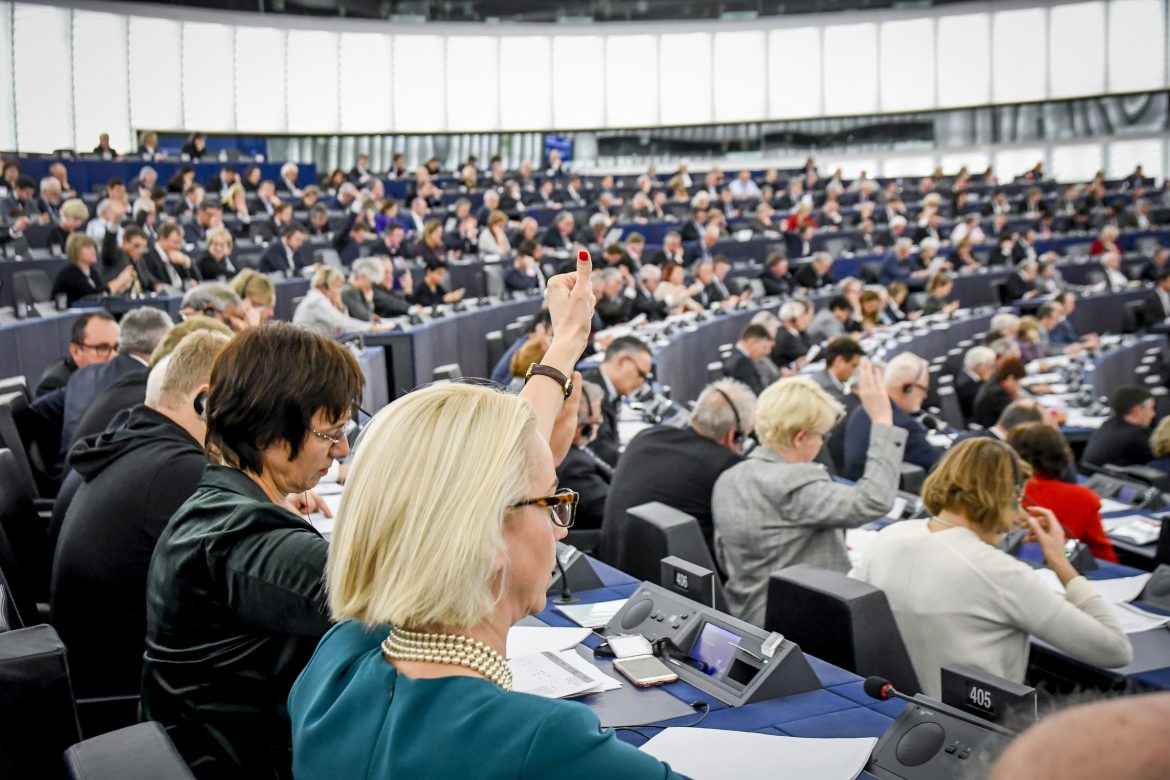The members in charge of the delegation from the European Parliament offered their thoughts on how the negotiations turned out after COP27 in Sharm el Sheikh.
This week, a representative team from the European Parliament was in Egypt to attend the COP27 UN Climate Change Conference, which is taking place in Sharm el Sheikh. Following the announcement of the agreement, delegation chair Bas Eickhout (Greens/EFA, NL) and vice chair Peter Liese (EPP, DE) made the following remarks.
“Europe had to fight to the end to maintain last year’s ambition. But this is insufficient if we want to meet the climate goals. I can therefore only conclude that 2022 has been a lost climate year. On ‘loss and damage’, the EU showed leadership and broke the deadlock by declaring itself in favour of a fund. As a result, the COP achieved something after all,” said Bas Eickhout.
“I remain sad that we are so far from achieving the Paris climate goal but I am optimistic that, despite all the prophecies of doom, the multilateral process has not collapsed. There is progress and hope for more. The EU has presented a good paper for more ambition and support for those suffering from climate change.
Read also: #COP27: EU members of parliament react to negotiations
Crucially, there is also renewed cooperation between the U.S. and China. After our conversation with Chinese negotiator Xie Zhenhua, I witnessed him having a bilateral talk with John Kerry, which is a good sign. However, it is a pity that the EU has not put more resources into preparing its good initiatives more thoroughly. Commission VP Frans Timmermans should work around the clock on international climate negotiations, but he does not have the time. We need a European John Kerry,” said Peter Liese.
On November 17, Bas Eickhout and Commission Executive Vice-President Frans Timmermans held a press conference.
A side event titled “The Fit for 55 packages: new prospects for international cooperation in terms of global decarbonization, adaptation, and loss & damage” was hosted by the European Parliament on Tuesday, November 15, at the EU Pavilion.
In order for the EU to join into international accords, Parliament must approve them because it is a co-legislator on the energy and climate legislation that aims to implement the Paris Agreement.
On November 28, 2019, MEPs proclaimed a climate emergency and pushed for more aggressive EU climate legislation. The European Green Deal’s political goal of achieving climate neutrality by 2050 for the EU and its member states was turned into a legally binding commitment when the European Parliament passed the European Climate Law in June 2021.
Additionally, it raises the EU’s objective for reducing greenhouse gas emissions by at least 55% from 1990 levels by 2030, from 40% to at least 55%.
MEPs are currently negotiating with member states on the “Fit for 55 in 2030 package” in order to enable the EU to reach the more ambitious 2030-target.
A political agreement between Parliament and Council has already been made for stricter rules for member states’ greenhouse gas emissions, a zero-emissions target for new cars and vans in 2035 and on the land use, land use change and forestry sector (LULUCF).
Negotiations are expected to be finalized on the other files in the coming months.
Story was adapted from europarl.
